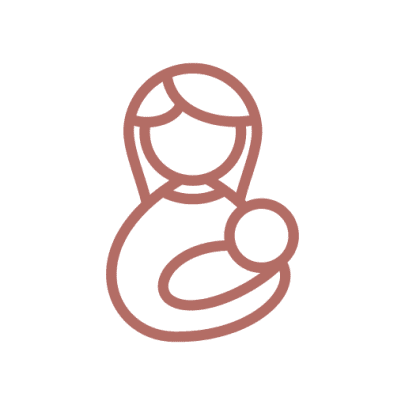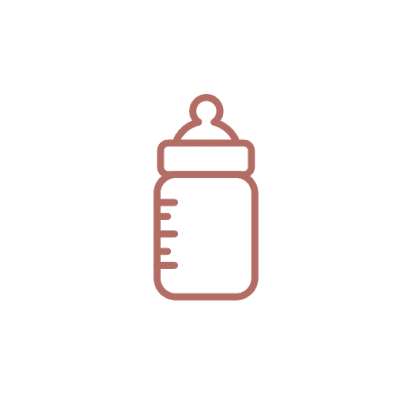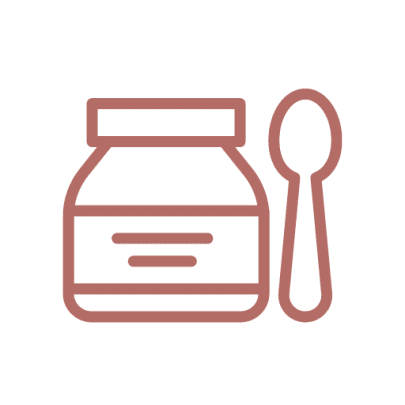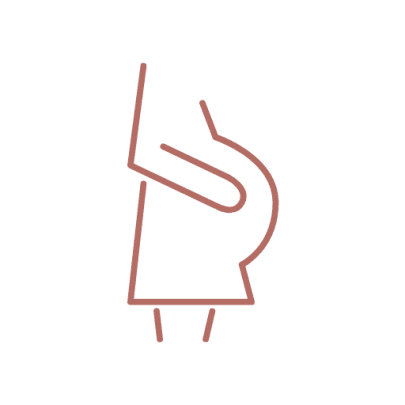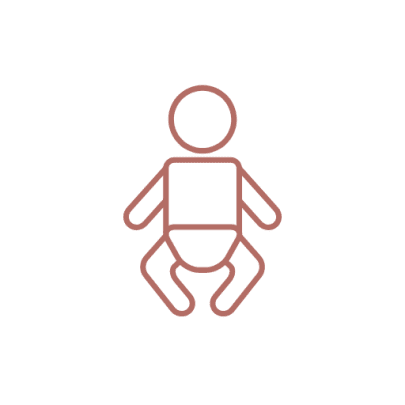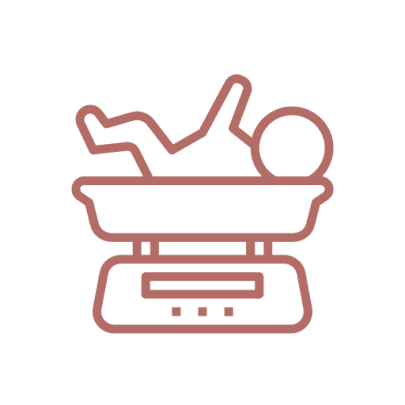Rose shares her story about breastfeeding a premmie.
_________
My daughter was born at 27 weeks, weighing 900 grams. It was a horrible shock in every possible way. She was in serious danger of dying and likely to have big health issues if she did live. My body felt like it had been hit by a truck: the birth had happened early because of an infection, which I now had to fight off. You would think breastfeeding would be the last thing on my mind. I remember waking up, unable to move my legs, and wondering what that strange gadget was in the corner of my room. The nurse acted like I was stupid when I asked her: it was an electric breastpump.
Breastfeeding, however, was the only thing I could do for my daughter. I couldn’t rock her or change her nappies. I couldn’t even touch her. She was in an incubator, connected to a machine that breathed for her, with most of her nutrition going directly into her veins via a needle. Apparently her immature stomach would take weeks to get up to the job of feeding her tiny body, so at first, she had tiny amounts of breastmilk (one millilitre at first) while most of her fluid, energy, vitamins and protein was injected straight into her bloodstream.
I was shocked to learn that my daughter wouldn’t develop the instinct to suckle for at least 10 weeks. Until then, I had to maintain my supply of breastmilk by expressing. They recommended that I express 8 times a day, including in the middle of the night, for ten to fifteen minutes on each side.
One big factor I had on my side was that I had already breastfed two babies, for about a year each. With my boys, who were born at full term, my only “problem” had been oversupply. When you have a premature baby, oversupply is a good thing, because supply usually starts to drop off, just around the time that the baby starts to grow faster and get really hungry.
However despite my wonderful supply, I had never managed to express for my other babies. I was lucky to get a few millilitres out, and the only way I had ever got more than this was to express on one side while feeding the baby on the other side. Obviously, this wasn’t going to work with my daughter. The whole point was that she didn’t know how to feed. The tiny amount of milk that she was ready for had to be emptied straight into her stomach via a tube. Even when, later, she did start to show signs of wanting to suck, it wore her out too much so they kept putting most of her feeds straight down the tube. She had to preserve her energy for growing.
The first day, I was lucky to get several mls of colostrum. Then I rang my mother to come into the hospital and take it to my baby! She was on another floor and none of the staff seemed to have the time to deliver breastmilk. I still couldn’t walk, and had only seen my daughter for a few seconds.
The next day my milk came in and I started using the electric breastpump.No one had told me that the hospital supplied these, so I had sent my husband to buy one. That meant I was the only mum in the “expressing club” who had a double-sided breast pump. It is a pity that the hospital only supplied single-sided pumps as a cost-cutting measure, because double-sided pumps really do get more milk out.
After two days I was discharged home and, heartbreakingly, left my baby behind in the hospital. Some mothers find this the hardest part, but I had two toddlers who needed me at home, and my daughter was receiving absolutely top-level care in hospital. I knew it was the right thing to do. Over the following 12 weeks, I was at home looking after my two little boys, who were aged 2 and 3, and had to drop them at kindy to drive in to hospital to see my daughter. It was difficult to keep the boys occupied while connecting myself up to the breastpump. The letdown isn’t going to happen while you’re stressing about whether your toddler is going to break something while you’re stuck to a machine! We sorted it out though. Another hassle was all the time spent cleaning and sterilising the equipment and the bottles.
At first, most of my breastmilk was frozen as my daughter still only took tiny amounts. After two weeks she stopped receiving intravenous nutrition, but they had to add a powder to my breastmilk, similar to formula, to increase the calories she was taking in. They couldn’t just give her more breastmilk, apparently, as she would spill it.
After a few weeks I persuaded them to stop giving her the powder, and instead give her more breastmilk. She was the only baby in SCBU who never spilt her feeds. I felt sure my breastmilk was enough because my boys had grown so well as babies, and you could see looking at it that it was really creamy breastmilk. I also found it quite upsetting that my baby seemed to smell wrong when she was receiving this fortification in her milk. I know other mothers who have had to use formula have felt this way too. Of course, that was a small issue if it was the best thing for her, but it was lovely to get her back on unfortified breastmilk and have her smell like my baby again.
I wished I could give my spare milk to some of the other mothers in SCBU, but they don’t do that in New Zealand anymore. We used to sit in the expressing room and all express milk together. The mothers with twins in particular had a hard time keeping up with their babies’ needs, and their babies had to be given formula at times.
Because these babies’ bodies are so immature, they have more problems with formula than your average newborn, and these babies would suffer every time they had to have a formula feed. I have to say I was impressed by the dedication of all the mothers I met in SCBU. They were doing everything they could to breastfeed their babies, and their success rates were really high. Despite all the problems with breastfeeding a premmie, apparently 90% leave SCBU fully breastfed. That is truly impressive.
After about ten weeks my daughter was ready to learn to feed directly from my breast. At first we could only try once a day as it wore her out so much. In fact it was always hard to wake her up. We went on for about two weeks getting nowhere. Then, when she was 12 weeks old – still a week before her due date – I came in one day and she had transformed. She was just like my hungry newborn baby boys had been. She knew exactly what to do and I could tell that she actually emptied my breast. I walked out of the expressing room where I had been feeding her, and told the nurses I wanted to make a plan to take her home.
Taking a seriously prem baby home is a major undertaking. We had to do a first aid course, have a meeting with about 12 doctors, and spend two nights in the hospital making sure my daughter could take all her feeds from the breast for 24 hours without losing weight. We had to plan how to keep our daughter away from any children who hadn’t been immunised, until she was 15 months old. One doctor even suggested we send our boys to live elsewhere, in case they exposed their sister to germs.
Finally, our daughter came home, after 13 weeks in hospital, on her due date. I went on to breastfeed her for over two years. On the day she came home we had 70 litres of frozen expressed breastmilk in our chest freezer, but over the next few months I used most of it up by giving her one bottle of breastmilk per day. Apart from that she was directly breastfed. She came home from hospital weighing 6 pounds and seeming very much like a newborn baby. She reached the 50th centile on height and weight shortly afterwards and has stayed there ever since. She also received a few drops of iron supplementation which meant we didn’t have to worry about starting solids, so we didn’t start them until she was ten months old (7 months if you correct for prematurity).
Six years later, our daughter is a completely normal healthy child, who has met all her developmental milestones. She loves books, soccer and music. She seldom even gets a cold. We know we are very lucky that she survived her early birth and her stay in NICU unharmed. And I’ll always be grateful that her start in life, which was rocky in every other way, did include the perfect food for babies – breastmilk.

